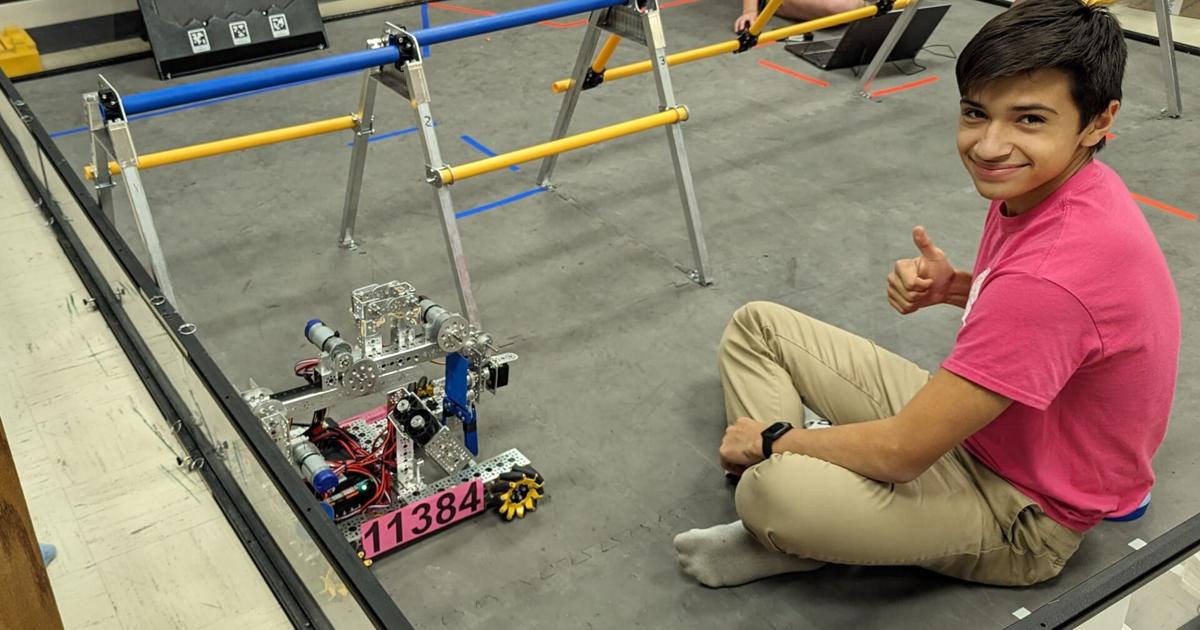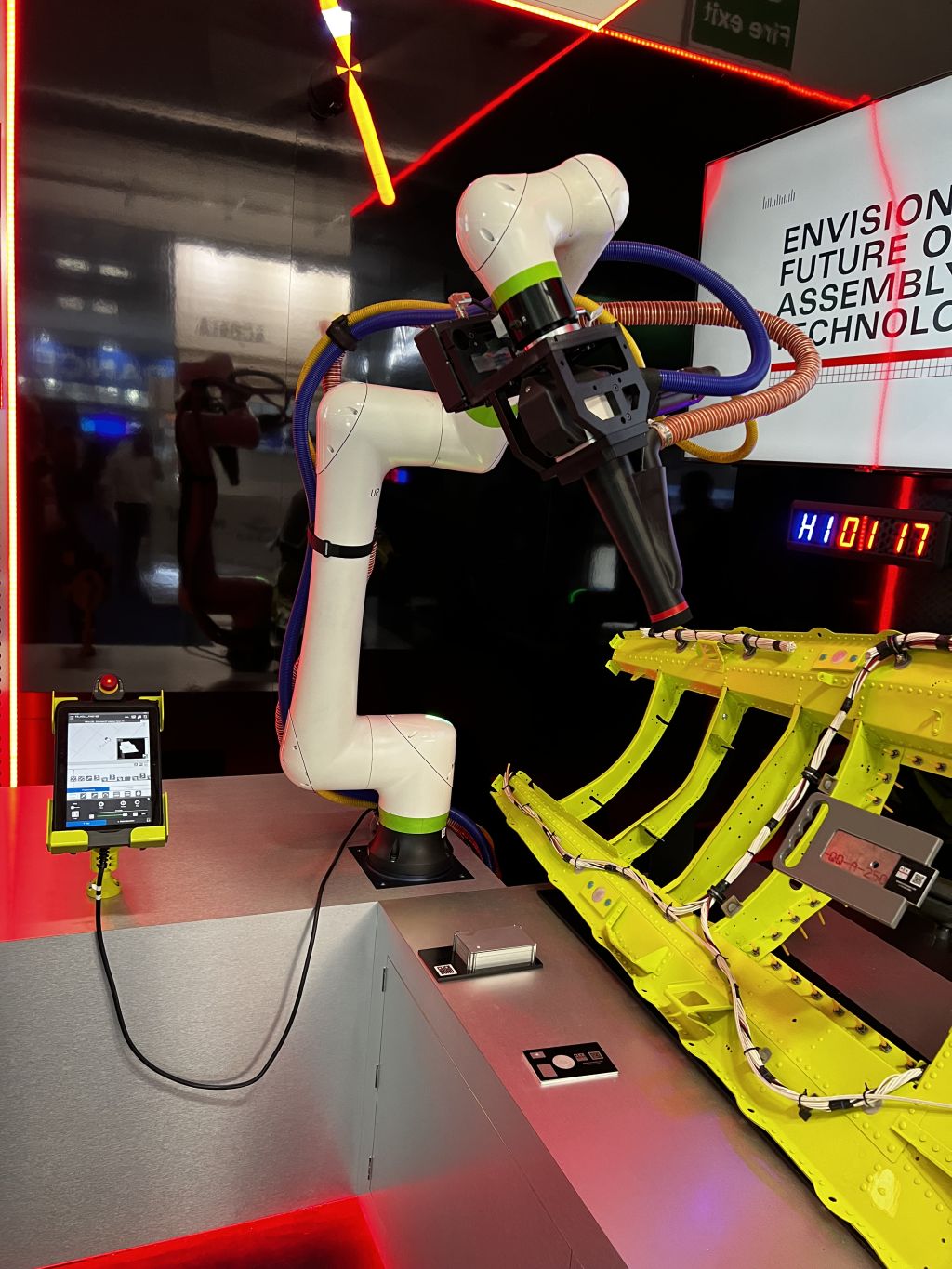17. Nov 2023 at 10:42 I
Computer science is rediscovering Ružena Bajcsy’s ideas.
Ružena Bajcsy has experienced enough hardships for several lifetimes. During World War II, the Nazis killed her parents. After the war she spent many years in an orphanage, only to witness another dictatorship take root. Later, while she was in the US, the communist regime suppressed freedom in her homeland, Czechoslovakia, forcing her to stay abroad.
Still, Ružena Bajcsy persevered to become one of the most important computer scientists in the world.
In science, sometimes we discover that we had the answer all along. This is exactly what is happening with Ružena Bajcsy’s work.
“I have one explanation and that is that when I did this, the technology was very primitive. It did not show the value of my idea. The current technology makes my ideas much more attractive,” she told The Slovak Spectator an interview. Ružena Bajcsy came to Bratislava as an envoy of the ESET Science Award. At 90 years of age she is still working and lecturing on innovations in robotics and machine learning.
Nobel Prize winner: If we find alien life, we will still have to go to work the next day Read more
‘As a child, you are allowed to ignore some things’
Asked to suggest a word that might describe her life, Bajcsy replies “serpentine”.
“It was never a straight line. There was a direction, but it was not straight; there were twists and turns.”
She was born into a Jewish family in Bratislava in 1933. At first the family enjoyed a happy life, despite the growing Nazi influence affecting Czechoslovakia. Three years after she was born, a servant of the family killed her mother. Initially, her father was accused but the charges were later dropped. He remarried and converted to Catholicism, which provided the family with some protection after an anti-Semitic regime took over in 1939. Bajcsy’s family moved to Zvolen in the hope of avoiding problems.
In addition, her father was an engineer and was needed to keep the roads maintained, which meant he received a presidential exemption from the society-wide persecution of Jews.
“Still, my early childhood was very nice. We were very comfortable and I was happy, although a little bit tricky with my stepmother. Already at that time Hitler’s influence was here. But as a child, you just ignore it, you are allowed to,” she recollects.
Several traumatic years were to follow.
helpdesk@sme.sk to help you.”
data-msg-btn-logout=”Log in as a different user”
data-msg-btn-close=”Stay signed in”
>











